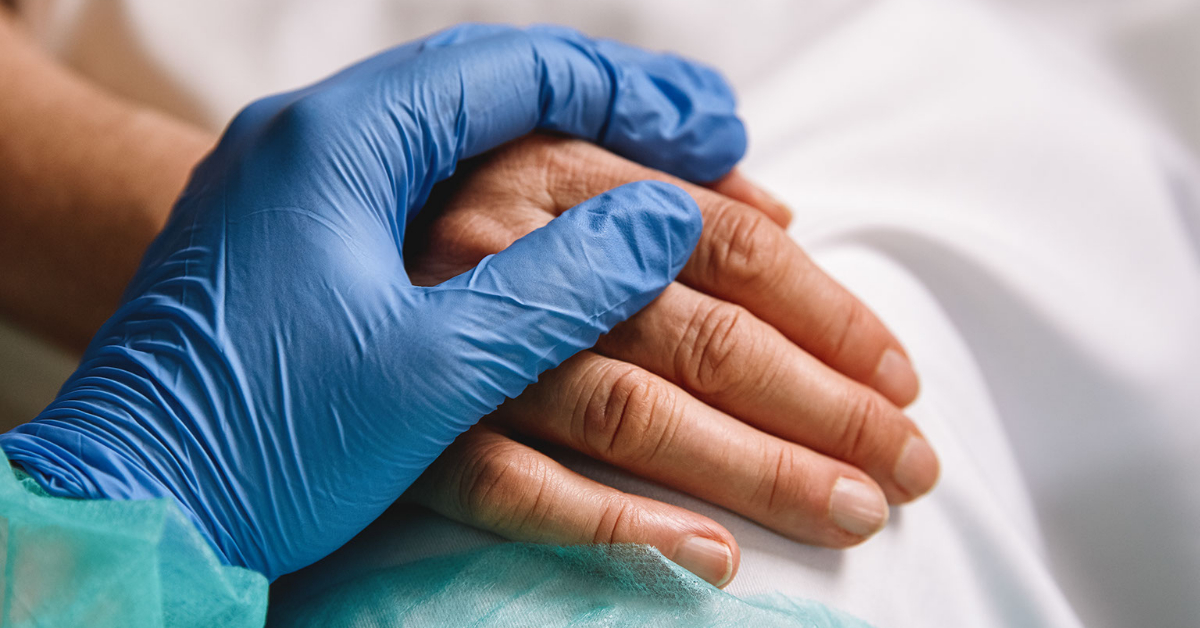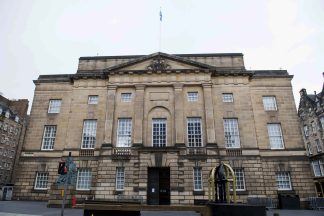A parent died after their treatment plan and diagnosis was based on incorrect medical records.
They were initially admitted to a NHS Greater Glasgow and Clyde hospital with light headedness, dizziness, and pain in the hip and leg.
The patient experienced blood loss, but medics failed to diagnose them with an aorto-enteric fistula – a “catastrophic” condition that develops when the aorta fuses with the gastrointestinal tract.
No further issues were found and they were scheduled for discharge.
However, further bleeding led to emergency surgery being scheduled.
Patients that develop an aorto-enteric fistula usually have a “grim prognosis”, according to the Cureus medical journal, and the cases are “universally fatal” unless there is surgical intervention.
In this case, the patient’s surgery was successful but a further procedure was needed to remove a section of the their bowel.
Unfortunately, after further deterioration in their condition they were moved to palliative care.
The Scottish Public Service Ombudsman found that a failure to record the correct medial history for the patient led to the treatment plan, investigations, and diagnosis being affected.
The patient’s child complained about the care their parent received at NHS Greater Glasgow and Clyde.
They were specifically concerned with the board’s failure to consider their previous medical history, decisions made during surgery, communication, care provided, and what was recorded on the death certificate.
The Scottish Public Service Ombudsman (SPSO) found there was a missed opportunity for the vascular team to identify the correct diagnosis during its review.
While the operations were carried out reasonably, the SPSO said the surgical team did not examine the patient in person when consulted.
NHS Greater Glasgow and Clyde has offered an apology to the family.
A spokesperson said: “We would like to apologise to the family of the patient involved and we send our deepest sympathies”.
“We would like to apologise for the failings outlined by the SPSO and reassurance to the public that NHSGGC are working to meet all the requirements made by the SPSO and to ensure that organisational learning and improvements in the care which we offer our patients”.
During its investigation, the watchdog took advice from intensive care, acute medicine, and general surgery consultants, as well as a registered nurse.
The ombudsman told the NHS board that, “accurate medical history should be established by clinicians and investigations. Medical records should be viewed to establish/confirm the correct medical history”.
The SPSO also recommended that surgical and specialist teams should review the presentation and history of the patient.
Follow STV News on WhatsApp
Scan the QR code on your mobile device for all the latest news from around the country


 iStock
iStock

























